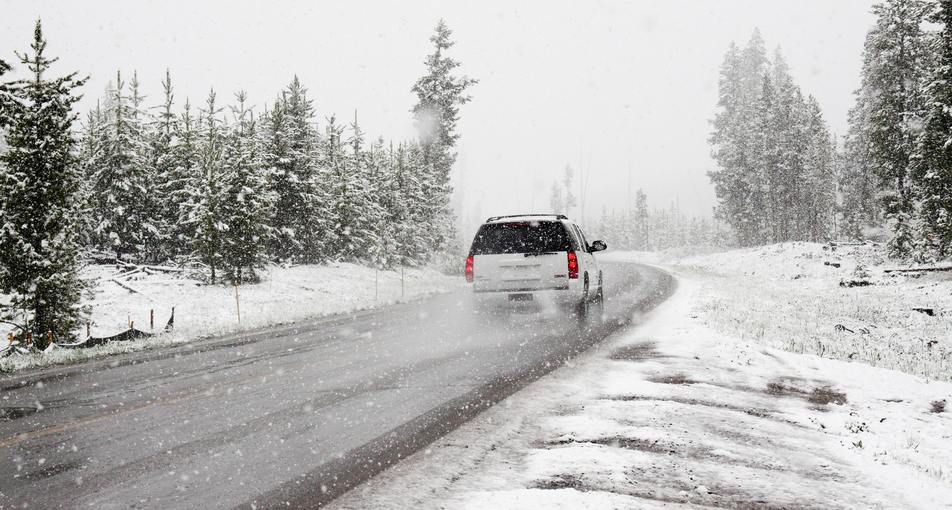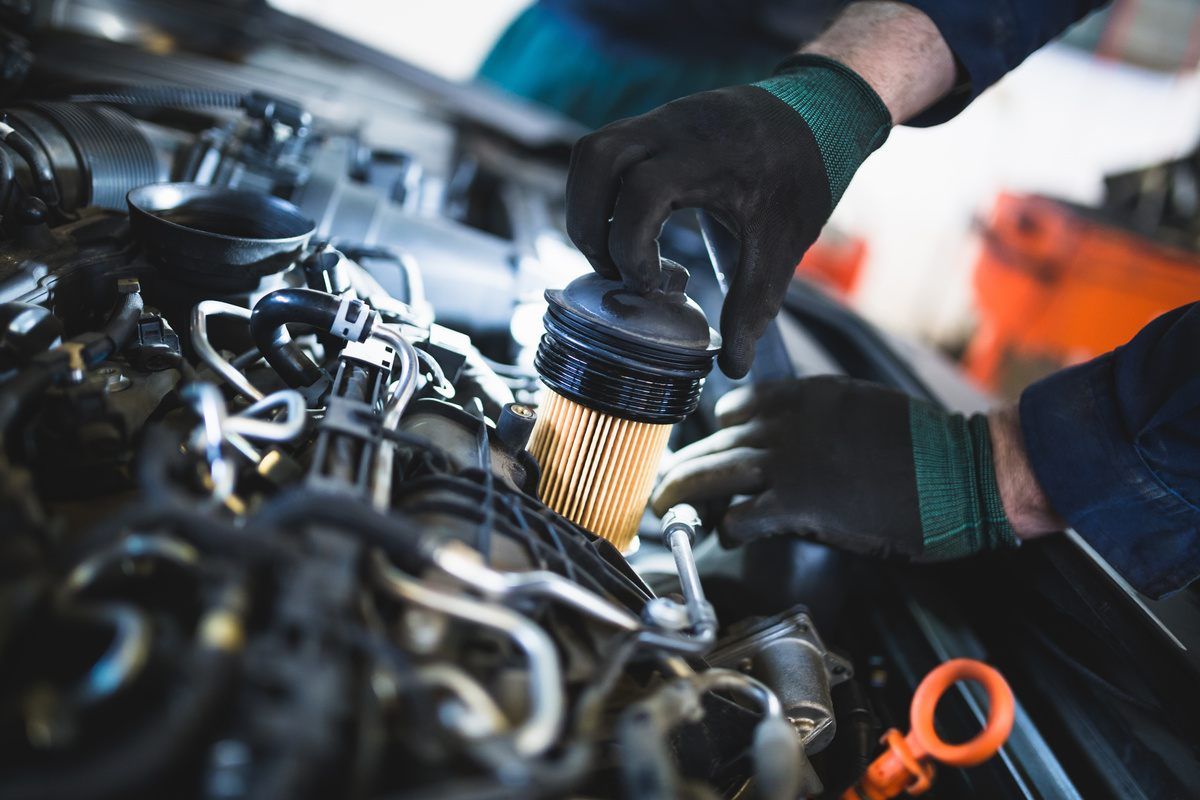How to Tackle the Adverse Impact of Winter Salt on Your Vehicle
-
Written by Eric Riddles
-
Published on February 05, 2020
-
Category: Preventative Maintenance
Adding salt to the road during winter is meant to help you as a driver by melting dangerous ice. Admittedly, it gives your car an extra bit of traction to assist you in navigating those slippery streets. However, other than covering your vehicle in a white film, there are a few concerns salt can bring to your car.

How Does Winter Salt Affect Your Vehicle?
When road salt dissolves in water, its chemical composition breaks down, effectively downgrading the water's freezing point. However, as effective as winter salt is in helping clear the snow, the resultant free sodium and chlorine ions easily bind to iron molecules. Conversely, salt accelerates the adverse effects of water on metal, making the rusting process substantially more aggressive. After you factor in other contaminants and impurities found in water, this combination speeds up the oxidation process further. Short of moving to a warmer climate, there's no way you can evade the salting of local roads. So, in addition to understanding how the winter salt affects your vehicle, here's how to curb the problem of rust before it ruins your car.
Preventative Measures You Can Take
1. Wax the Car's Body to Keep Off Rust
As you drive on the road during winter, salty water splashes onto your car, and the paintwork catches a substantial amount of it. Nevertheless, you can mitigate the problem by applying a fresh coat of wax on your vehicle before the winter season rolls around. This proactive approach can help you protect the paint-coated metallic parts of your car.
2. Invest in Vinyl
Vinyl wraps provide your car with invisible protection. Plus, they're an ideal way to furnish your vehicle with a removable appearance of a paint job. While a full transparent wrap costs slightly more than a wax job, it helps display your vehicle's original paint and equally protects it.
3. Be Proactive with Pretreatment
Proficient auto repair garages and body shops offer an oil-based pretreatment that involves coating the underside of your car. Consequently, this protective barrier stops the winter salt and water from adhering to the unguarded undercarriage in the first instance. Ultimately, any abrasion, scratch, or peeling of the paint and undercoating on your car should be a source of concern. It's the paint and undercoating that helps safeguard your vehicle's metal parts from oxidation as a result of water and winter salt. To learn more about how to keep your car in good condition, inside and out, contact us at Custom Complete Automotive today!
Find an Auto Repair Shop Near You
We have multiple auto repair shops throughout Missouri located in Columbia, Jefferson City, and St. Louis.
Eric Riddles is an ASE Certified Master Automobile Technician who has been working as an auto mechanic since 1998 and originally joined the team at Custom Complete Automotive in 2005. Eric has numerous certifications in various aspects of car repair and spent 10 years training the next generation of auto technicians at a local high school Auto Shop classroom.



